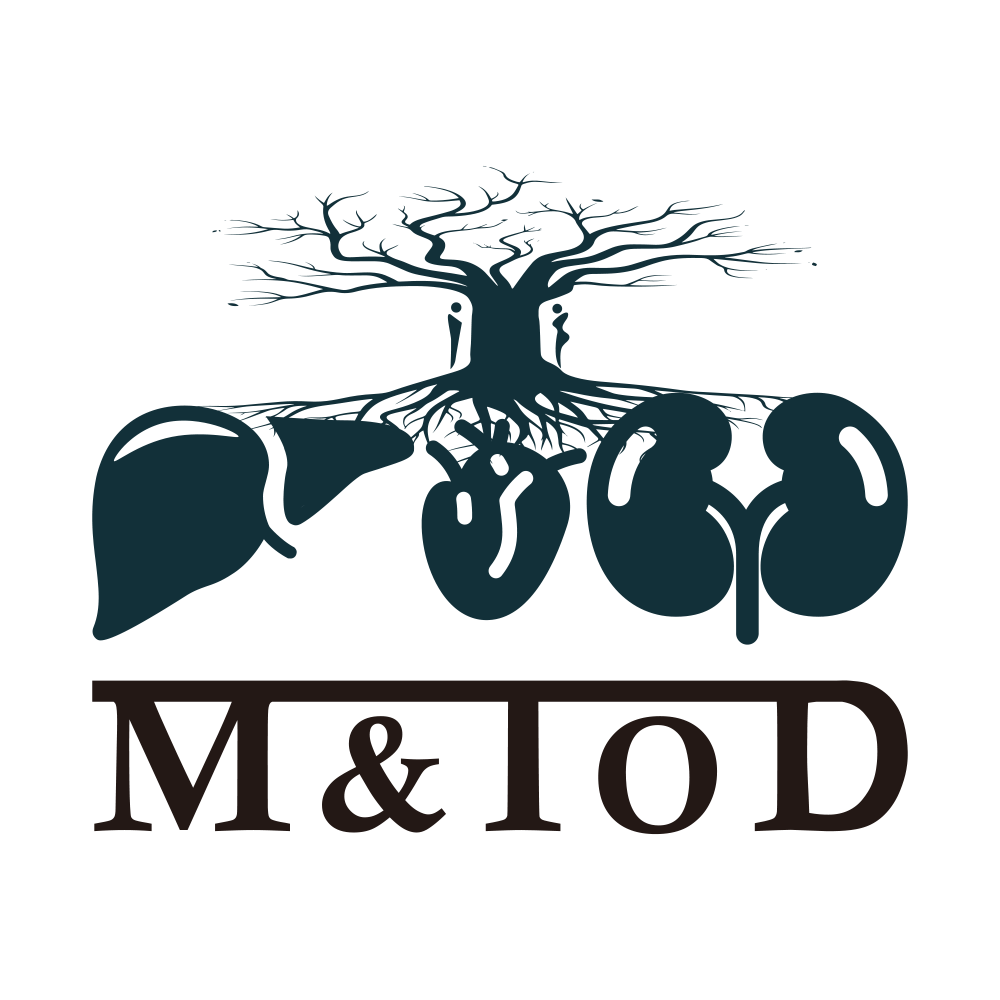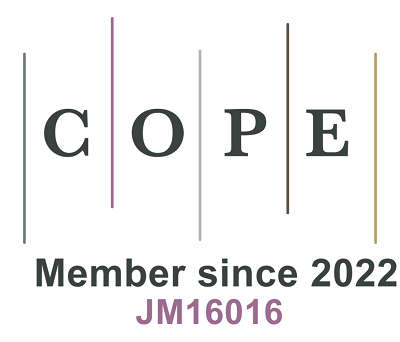A Special Interview with Prof. Huiping Zhou, Editorial Board Member of M&TOD
On August 24th, the Metabolism and Target Organ Damage (M&TOD) journal conducted an enlightening interview with Prof. Huiping Zhou, a prominent researcher in liver diseases. Prof. Zhou provided valuable insights into how bile acids and sphingolipids function as signaling molecules in conditions such as MASLD, MASH, and ALD. She explained how dysregulation of these molecules contributes to the progression of liver diseases and their connection between liver fibrosis and cardiovascular risk.
She also addressed the challenges and promising approaches in developing new treatments for liver fibrosis, underscoring the importance of overcoming these barriers in clinical practice. Additionally, Prof. Zhou discussed the ongoing debate around incentives for manuscript reviewers, advocating for fairness in peer review. She suggested that certain incentives, such as APC discounts, could help maintain the quality of articles.
Prof. Zhou’s work continues to make significant strides in advancing the understanding and treatment of liver diseases, offering hope for better patient outcomes.
Questions for the interview:
1. Can you explain how bile acids and sphingolipids function as signaling molecules in liver diseases like MASLD, MASH, and ALD?
2. Could you elaborate on the primary pathways or mechanisms through which dysregulation of bile acid signaling contributes to the development of liver diseases?
3. How do bile acids and sphingolipids contribute to the complex relationship between liver fibrosis and cardiovascular risk?
4. In your paper on epigenetic modifications in liver fibrosis, you highlight promising therapeutic directions but also significant challenges. What are some of the most promising approaches to overcoming these challenges in clinical settings?
5. As an esteemed scholar, you likely receive numerous invitations to review manuscripts. Do you believe that reviewers should receive incentives for their work, or do you think it should be primarily voluntary?
Personal Introduction:

Prof. Huiping Zhou joined VCU in 1999 as a senior research scientist in the Department of Internal Medicine / GI Division after she completed her Ph.D. and postdoctoral training in the College of Pharmacy, University of Kentucky. She joined the Department of Microbiology and Immunology and the MCV-VA Medical Center Lipid Research Group in 2004 as a research assistant professor. She earned a tenure-track position in 2007 with joint appointments in Microbiology and Immunology, and Internal Medicine / GI Division, and was promoted to full professor with tenure in Microbiology and Immunology in 2016 and to a GS15 research career scientist position at Richmond VA Medical Center in 2018.
Since 2006, Prof. Zhou's research has been continuously funded with multiple grants from the NIH, the Department of Veteran Affairs, private foundations and industry. She has been PI or MPI on NIH and VA grants totaling over $20 million. Her research focuses on bile acids and sphingolipids in various liver diseases, including metabolic dysfunction-associated liver disease (MASLD), alcoholic liver disease, cholestatic liver disease, and liver cancers. Prof. Zhou has published over 170 original manuscripts, review articles, seven book chapters, and over 200 meeting abstracts. The impact of Prof. Zhou’s research on bile acids and liver diseases is reflected by her Google Scholar citation of over 26,000 with an h-index of 69. She is the current Associate Editor for Cell & Bioscience, Digestive and Liver Disease, and Liver Research, and serves on the Editorial Board for M&TOD.
Prof. Zhou has received many awards, including the WISDM Professional Achievement Award from the School of Medicine in 2018, the VA Research Career Scientist Award in 2018, the Distinguished Research Award from the American Physiology Society (GI / Liver section) in 2020, and the Distinguished Service Award as a president of the Chinese-American Liver Research Society in 2021. Dr. Zhou was inducted as an American Gastroenterological Association Fellow (AGAF) and American Associate of Study for Liver Disease Fellow (AASLD) in 2018, an honor bestowed for superior professional achievement in gastroenterology and hepatology.
Prof. Zhou has successfully trained more than 60 graduate students, visiting scholars, and postdoctoral fellows at VCU. All of her VCU MD / PhD and PhD students have received NIH F30 or F31 or T32 fellowships. At VCU, she is a current member of the Animal Care and Use Policy Advisory Committee, the IACUC and the Steering Committee of the Medical Scientist Training Program. She also chairs the Institutional Biosafety Committee and Subcommittee on Research Safety and serves as Director of LC-MS/MS Core and NanoString Core at Richmond VA Medical Center.
Editor: Alani Luo
Language Editor: Catherine Yang
Production Editor: Yan Zhang
Respectfully Submitted by the Editorial Office of Metabolism and Target Organ Damage









